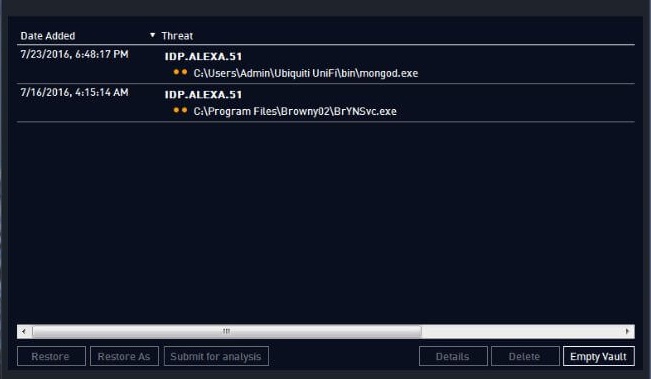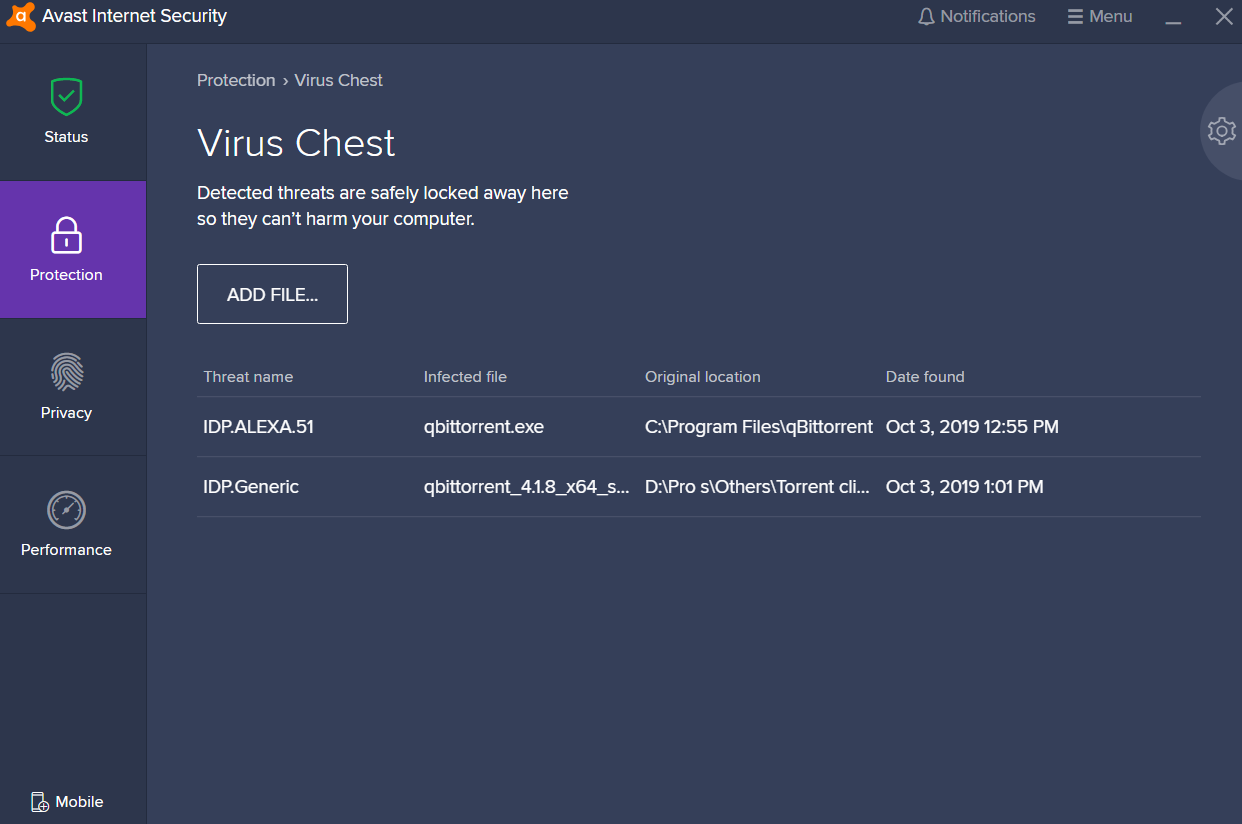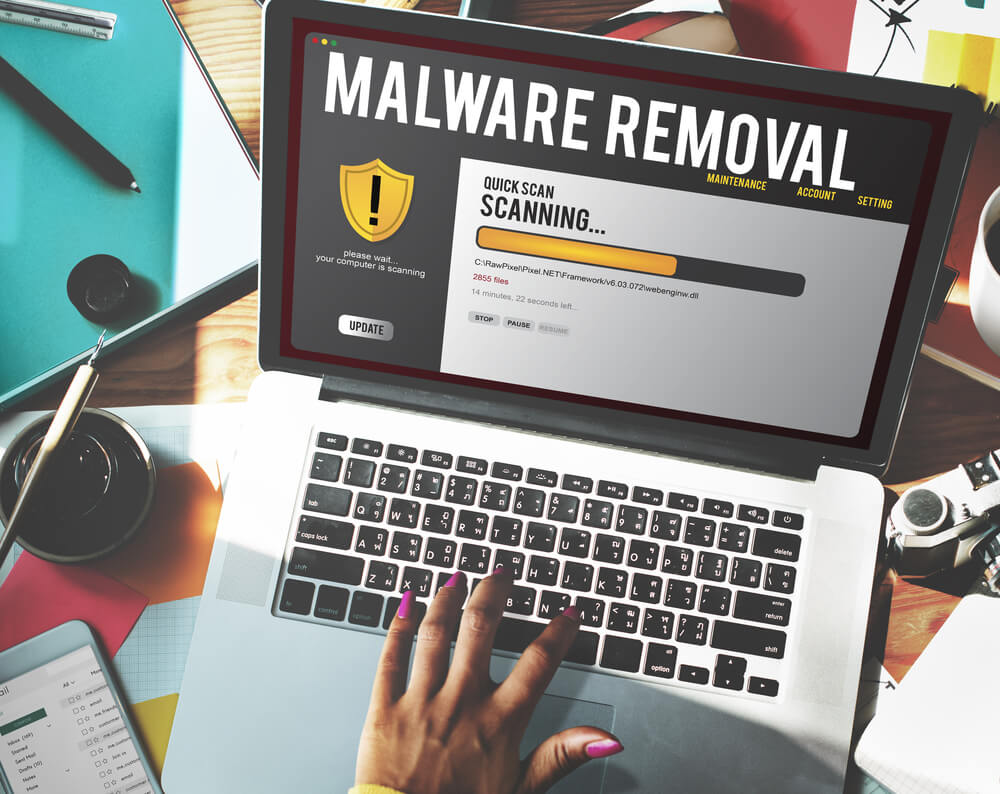The digital world is constantly under attack from various forms of malware and viruses, and one such malware that is becoming increasingly prevalent is idp.alexa.51. This virus can cause severe damage to your computer if not dealt with promptly.
In this article, I will explain what idp.alexa.51 is, how it can infect your device, and what you can do to protect yourself from this potentially dangerous virus. I will also discuss the signs of Viruses and provide tips on how to keep your device safe and secure.
If you have the necessary knowledge and take the necessary precautions, you will be able to protect your device from viruses such as idp.alexa.51.
What is idp.alexa.51?

IDP.alexa.51 is a type of software that can be classified as both a genuine virus and a false positive. A false positive is when a valid application is identified as a threat by an antivirus program due to an outdated anti-virus database.
This can happen when people install certain Flash games, such as Plants vs. Zombies or SeaMonkey. Cybercriminals often exploit this confusion by presenting potentially unwanted programs (PUPs) and malware as idp.alexa.51.
PUPs are known to deliver intrusive ads, change browser settings, and collect sensitive information. These ads can cover up the content of a website and lead to malicious websites and malware scripts. Furthermore, browser hijackers can change settings such as the new tab URL, default search engines, and homepage, which are usually used to redirect to fake web search engines.
While PUPs can be a nuisance, disguised malware can be much more dangerous, potentially causing financial losses by decreasing device efficiency, stealing personal data, and using resources for cryptocurrency mining.
To avoid falling victim to these viruses, it is important to thoroughly check the file found when using anti-virus programs such as Avira, Avast, or AVG, and to use a reputable anti-spyware suite to scan your device to ensure your device is safe and secure.
idp.alexa.51 – Possibly A False Positive?
Similar to Trojan Win32/Tiggre!RFN, FileRepMalware, and other viruses, idp.alexa.51 shares similar characteristics and can also be highly dangerous. Outdated anti-virus databases can lead to the detection and deletion of legitimate applications.
Some users may not be aware of this and may mistakenly believe that the threat detected by their anti-virus software is a false positive, as some forums may warn users of such false positives.
This lack of awareness can lead to the user not taking appropriate action to delete the malware. To avoid this, it is important to keep anti-virus software up to date and to take all warnings of potential threats seriously.
How did idp.alexa.51 infect my pc?

idp.alexa.51 is often spread by developers who bundle it with other applications, such as Flash games. They do this knowing that users may hurry through the download and installation process, and may miss important information about the infiltration of idp.alexa.51.This information is typically hidden within the “Custom/Advanced” settings or within other sections of the install process.
By missing these steps during the installation process, users may unknowingly expose their systems to the risk of various viruses by enabling idp.alexa.51 to infiltrate their system.
To avoid this, it is important to be attentive during the download and installation process and to carefully review any information provided in the “Custom/Advanced” settings or other sections.
How do I know if my computer is infected?
Detection of the Alexa virus is not limited to simply scanning with an antivirus suite. The Alexa virus is known to function as spyware, which makes it difficult for users to observe any malicious activities on their device and thus prevents detection. Some common problems that may indicate an infection include the following:
- A significant decrease in the device’s performance
- Loss of important files, such as critical Windows files
- Unauthorized installation of software on the device
- Blue screens of death
- Unusual high usage of RAM without a reason.
It is important to be aware of these symptoms and take action if they are observed on your device.
Some users have reported that when their device starts or restarts, they may see suspicious detection messages from their antivirus program, such as AVG. These messages may indicate the presence of executable files like Seamonkey.exe and Ammsetup.tmp.
These files can also be related to other types of malware like TrojanWin32/Tiggre!rfn or FileRepMalware. Some antivirus programs may also alert during the startup process.
Other files related to the Alexa virus, such as Alexa.exe, may be found in the Windows folder, %appdata% and %temp%. It is important to pay attention to such alerts and detections from antivirus programs and take appropriate action.
How to avoid the installation of malware?
To avoid falling victim to the Alexa virus, it is important to exercise caution when searching, downloading, and installing apps. Selecting “Custom/Advanced” settings and carefully reviewing every download and installation dialogue window can help.
Decline and avoid the downloading of any additional programs. If it is difficult to opt-out, it is best to cancel the process altogether. Using third-party download and installation tools is not recommended as they may promote rogue applications.
Only download apps from their official sources using links that go directly to the download link. Keeping your device protected by installing and running legitimate anti-virus and anti-spyware software is also crucial.
The main cause of machine viruses is poor awareness and reckless behavior, therefore being vigilant is the key to protection. If you suspect that your device has been compromised, I recommend using a scan with Malwarebytes for Windows to automatically remove possible threats.
How to get rid of the Alexa virus?

Removing the Alexa virus from a device can typically be done easily with a decent antivirus program, however, this may require purchasing software. If one does not have the financial means to do so, there are options for finding suitable and free antivirus apps online.
Before downloading any antivirus software, it is recommended to check for it on the Microsoft Store or verify it by downloading it from the official website.
Step 1:
To ensure your device is free from the IDP.ALEXA.51 virus, it is important to first check for updates on your current antivirus program. Running the scanner again after updating can help detect and remove the virus. If you continue to receive alerts of IDP.ALEXA.51, additional measures may be necessary to completely remove the virus from your device. A good antivirus program will help with this, but it may take several hours to complete.
Step 2:
Manual removal of the virus may be possible by identifying the program that is infected. Software available on the Microsoft Store can be downloaded to help detect any programs that are not commonly used, or programs that may be unfamiliar.
In some cases, simply uninstalling the infected program may be sufficient to remove the virus. However, certain viruses such as Trojans may have bound themselves to core data and may have spread the virus throughout your computer.
Step 3:
If you suspect that uninstalling the infected program did not help, it is important to rescan your device to check if the virus still exists. If the final scan still detects the virus, a system restore may be necessary to return your device to its state prior to the infection. This will remove all files generated since the infection occurred.
Remember that a system restore may not prevent future infections and take steps to prevent the virus from infecting your device again.
Check Also: Are Trojan Horses Self Replicating
How did I get the Alexa virus?
Many individuals who have been infected with the Alexa virus may not be aware of it until severe symptoms appear. In today’s digital age, it is common to access the internet and while it can be preventable to acquire a virus on a device, there are instances where individuals may not realize they have been infected.
Viruses can be found in freeware or cracked software. Additionally, some website advertisements may accidentally lead to downloading fake apps.
The Alexa virus can be obtained through flash games such as SeaMonkey and Plant versus Zombies, which can be legal if downloaded from the right websites. The virus could have come from freeware sites that hosted hacked versions of these games.
It can also be acquired through peer-to-peer networks such as torrents or through disguised spam emails with attached files or links.
Final Words
IDP.ALEXA.51 is a dangerous virus that can infiltrate systems when certain Flash games are installed, it can also be a false positive. Cybercriminals often exploit this confusion by presenting malware as idp.alexa.51.
This malware delivers intrusive ads, changes browser settings, and collects sensitive information. It is important to keep anti-virus software up to date and to take all warnings of potential threats seriously. Also, be careful while downloading and installing apps, choose “Custom/Advanced” settings and scan every download/install dialogue window carefully.








